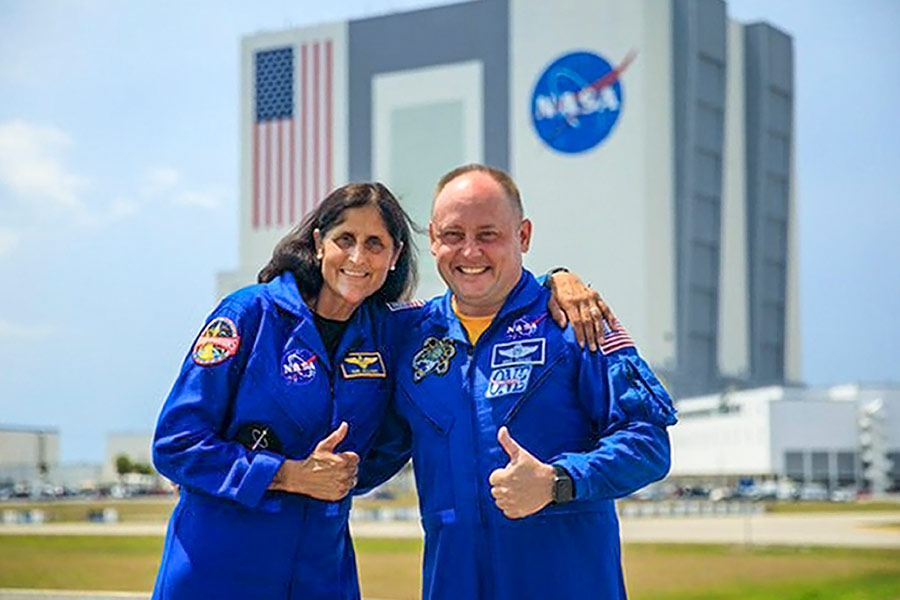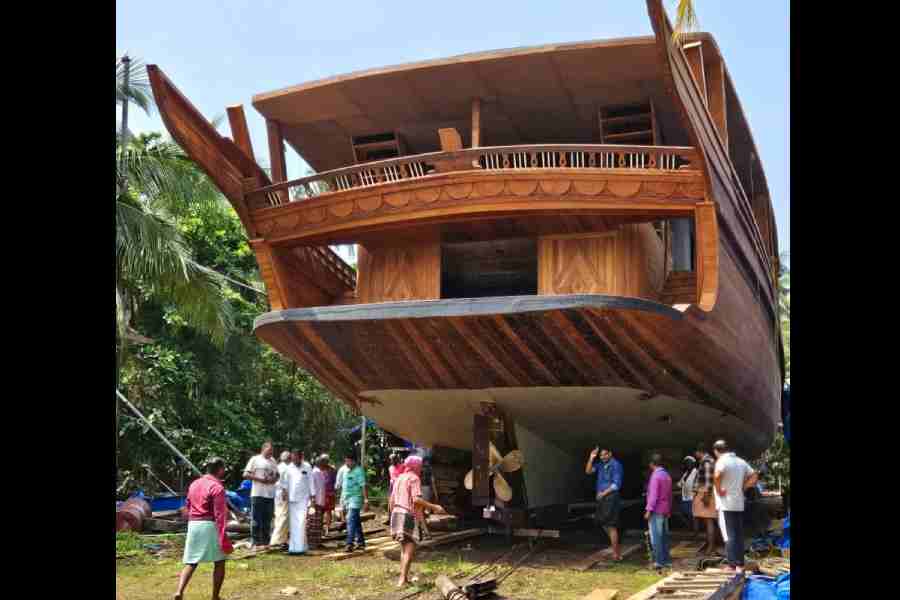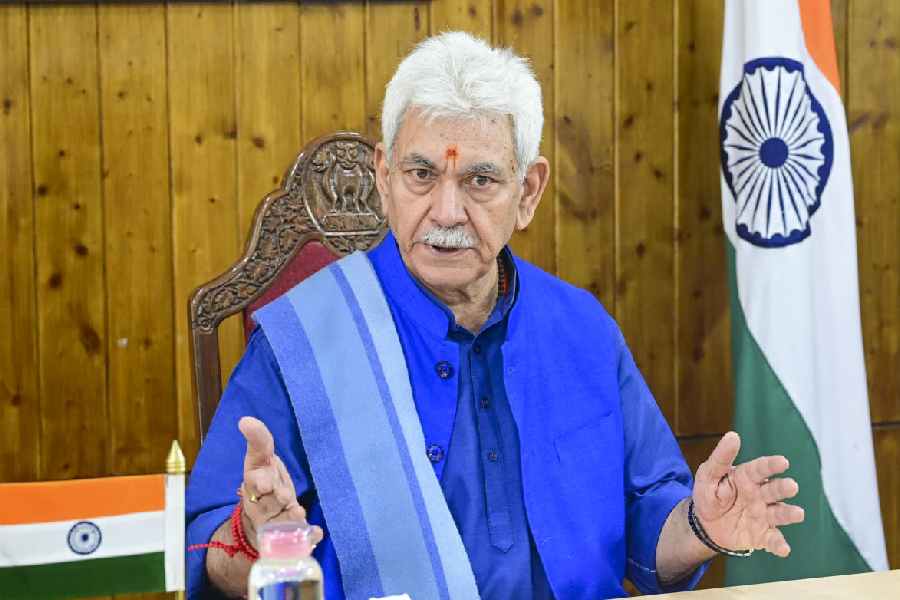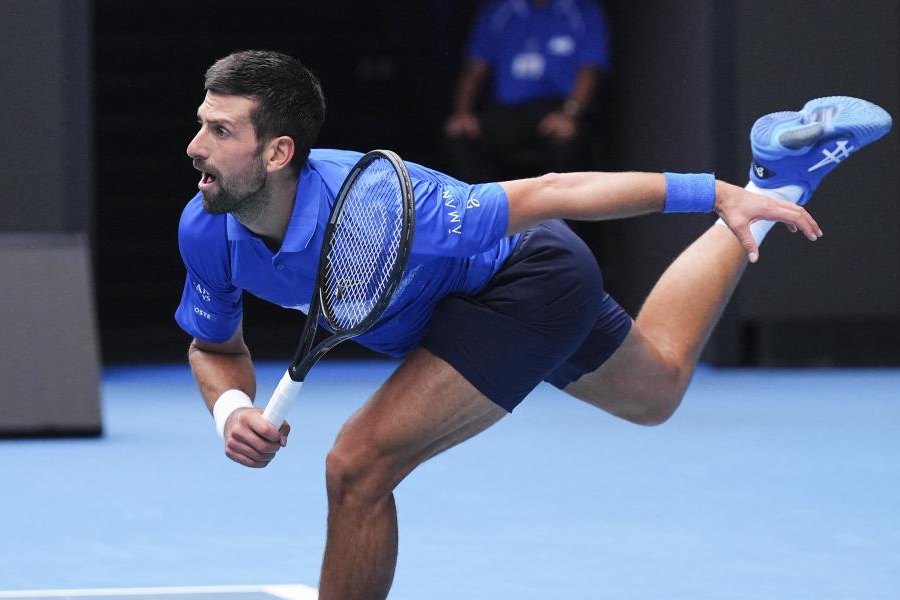The return of astronauts Sunita Williams and Butch Wilmore to Earth will be delayed until late March, the US space agency said on Tuesday, stretching their originally planned eight-day trip to the International Space Station into a mission lasting over nine months.
Nasa said Williams, Wilmore, another Nasa astronaut Nick Hague, and Russian astronaut Aleksandr Gorbunov would return to Earth following the arrival of Nasa’s SpaceX Crew-10 whose arrival to the ISS is targeted no earlier than late March 2025.
Williams and Wilmore had flown to the ISS in June this year on the maiden crewed voyage of Boeing’s Starliner spacecraft. But as the Starliner approached the station, Nasa and Boeing detected helium leaks and issues with the spacecraft’s thrusters. After weeks of tests and meetings, Nasa decided to prioritise safety and brought the Starliner back to Earth without its crew in September. Williams and Wilmore were to return in February 2025 with the agency’s SpaceX Crew-9 mission.
But Nasa has now rescheduled its SpaceX Crew-10 crew flight to no earlier than late March. “The change gives Nasa and SpaceX teams time to complete processing on a new Dragon spacecraft for the mission,” Nasa said in its statement on Tuesday.
The new spacecraft is set to arrive at the company’s facility in Florida in early January, it said.
“Fabrication, assembly, testing and final integration of a new spacecraft is a painstaking endeavour that requires great attention to detail,” Steve Stich, manager of Nasa’s commercial crew programme, said in the statement.
Four astronauts — two from Nasa, one from Japan and the other from Russia — are currently training for the Crew-10 mission at Nasa’s Johnson Space Centre in Houston. The Crew-9 astronauts will return after a “handover” during which they share any lessons learned with the newly arrived crew.
A return to Earth even in late March would mean Williams and Wilmore would have spent more than nine months in space. Nasa and Williams herself had last month sought to dispel rumours that their extended stay in space has adversely impacted their health, fuelled by an image of Williams in the ISS appearing to have lost weight.
“All Nasa astronauts aboard the International Space Station undergo routine medical evaluations, have dedicated flight surgeons monitoring them, and are in good health,” Nasa said in an emailed statement on November 7 published by space.com, a space news website.
Williams in a video message had said last month that she weighed the same as she did when she had arrived at the ISS, although her body has changed a little bit. She said the ISS has a bike, a treadmill, and weight-lifting equipment that the astronauts use to maintain health in space.
Long-term spaceflight carries enhanced risks of bone density loss, muscle atrophy, kidney damage, and vision problems among other physiological changes, multiple studies have suggested.
Nasa astronaut Frank Rubio currently holds the record of the single longest spaceflight that lasted 371 days, according to a Nasa website on space station record holders.









